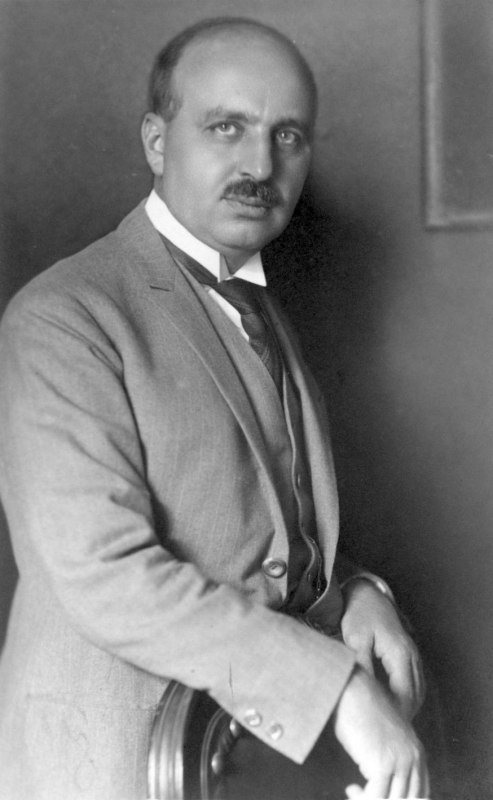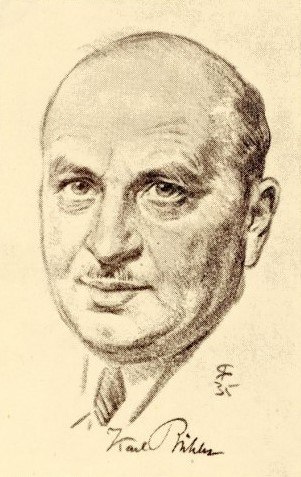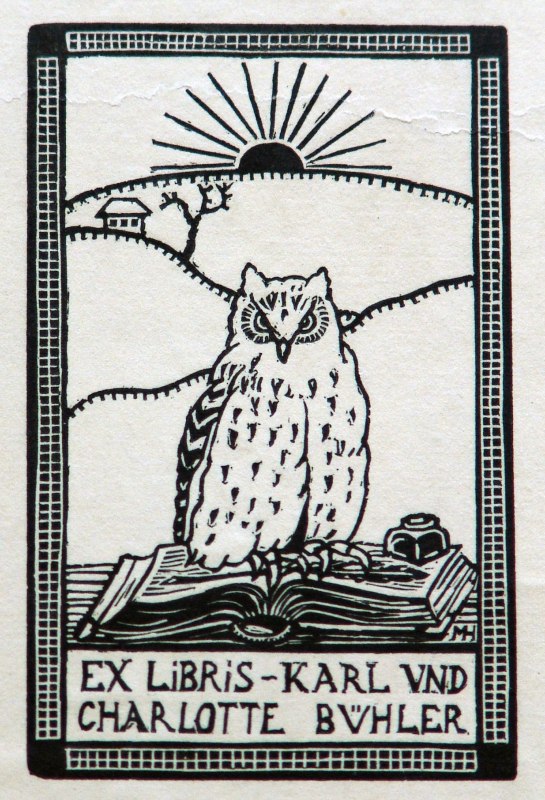Karl Bühler, Univ.-Prof. DDr.
Ehrungen
| Ehrung | Titel | Datierung | Fakultät | |
|---|---|---|---|---|
| Tor der Erinnerung | Bühler-Tor | 1998/99 |
|
- Philosophie
- Psychologie
- Philosophische Fakultät
Karl Bühler received his doctorate in medicine from the University of Freiburg im Breisgau (1903) and pursued parallel studies in psychology and philosophy, which he continued in Strasbourg. He also obtained a doctorate in philosophy there in 1904. In the years that followed, he worked as an assistant and lecturer at the universities of Würzburg and Bonn, was a lecturer in Munich from 1913 to 1918 and was awarded a chair in psychology at the Dresden University of Technology in 1918. When all three chairs of philosophy at the University of Vienna were vacant, Karl Bühler was offered a professorship in 1921, which he accepted a year later. His professorship was specified as „full professorship of philosophy with special consideration of psychology and experimental pedagogy“. In collaboration with his wife Charlotte Bühler, he helped to establish the newly founded Institute of Psychology and a globally recognized school of psychology. Through his research - in the field of language and creativity - Bühler, alongside Sigmund Freud, made a decisive contribution to the development of psychology in the first half of the 20th century.
He was also active in the field of teacher training at the Pedagogical Academy of the City of Vienna and - together with his wife Charlotte - played a pioneering role in the establishment of empirical social research. He wrote groundbreaking scientific works in the fields of Gestalt and child psychology as well as language theory; the most important of these include „Die geistige Entwicklung des Kindes“ (1918), „Die Krise der Psychologie“ (1927), „Ausdruckstheorie“ (1933), „Sprachtheorie“ (1934), „Die Zukunft der Psychologie und die Schule“ (1936). His students and colleagues included Paul Lazarsfeld, Marie Jahoda and Karl Popper.
Immediately after the National Socialists came to power in 1938, Karl Bühler was arrested by the Gestapo and held in „protective custody“ for more than six weeks. His and his wife's only option was to emigrate. In 1940, he was granted American citizenship and became Professor of Psychology at St. Scholastica College in Duluth, Minnesota, and also taught at the College of St. Thomas, St. Paul, Minnesota. In 1945, he moved to the Medical School of the University of Southern California, Los Angeles, as Assistant Clinical Professor of Psychiatry and then became Consulting Psychologist at the Cedars of Lebanon Hospital in Los Angeles for two years. Although Karl Bühler succeeded in obtaining professorships in the USA, he was never able to come to terms with the mental separation from his former place of work.
Honors
He was honored in 1998 by naming one of the „Gates of Remembrance„ on the campus of the University of Vienna after him and his wife (Bühler Gate, campus entrance from corner Spitalgasse/Alser Straße into court 1).
Zuletzt aktualisiert am 16.01.2024 - 10:38



